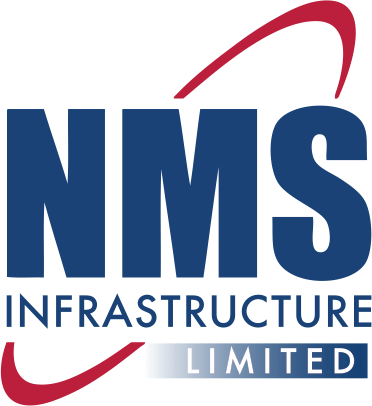Overview
Covid-19 has wiped out 20 years of educational gains (United Nations) with an additional 101 million children falling below adequate literacy levels. The pandemic has highlighted the crucial role of education in achieving sustainable development and allowing developing countries to lift themselves to middle-income status. With the natural demographic shift of people moving from rural locations to Africa’s cities for work, and a growing population, infrastructure development is critical.
NMSI’s school development programmes help to reduce regional and sub-regional disparities in the quality and provision of education across a nation, particularly in rural areas where many children must travel large distances to get to school.
Schools are flexibly designed in discussion with the client, with key facilities for education in mind. Classrooms are modern and spacious; with the use of a steel frame construction allowing schools to be either single or double storey structures, depending upon requirements. All schools can be delivered with solar power and boreholes making them off grid, thereby increasing access to education in rural communities.
NMSI is currently working to deliver a rural educational facility programme across West Africa, targeting remote areas where there is currently little education provision.
Key Aims:
- Project scoping and definition
- Structuring of funding
- Master-planning, detailed design and engineering
- Environmental impact studies
- Build, fit and finish
- Maintenance, training and facilities management




